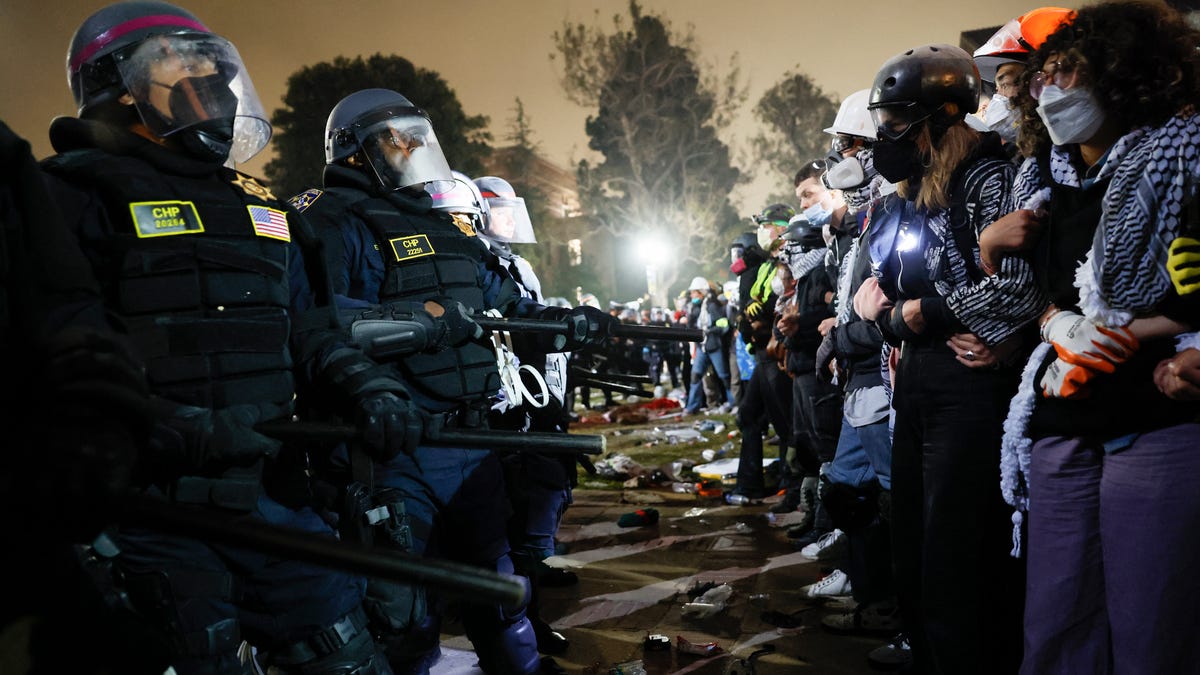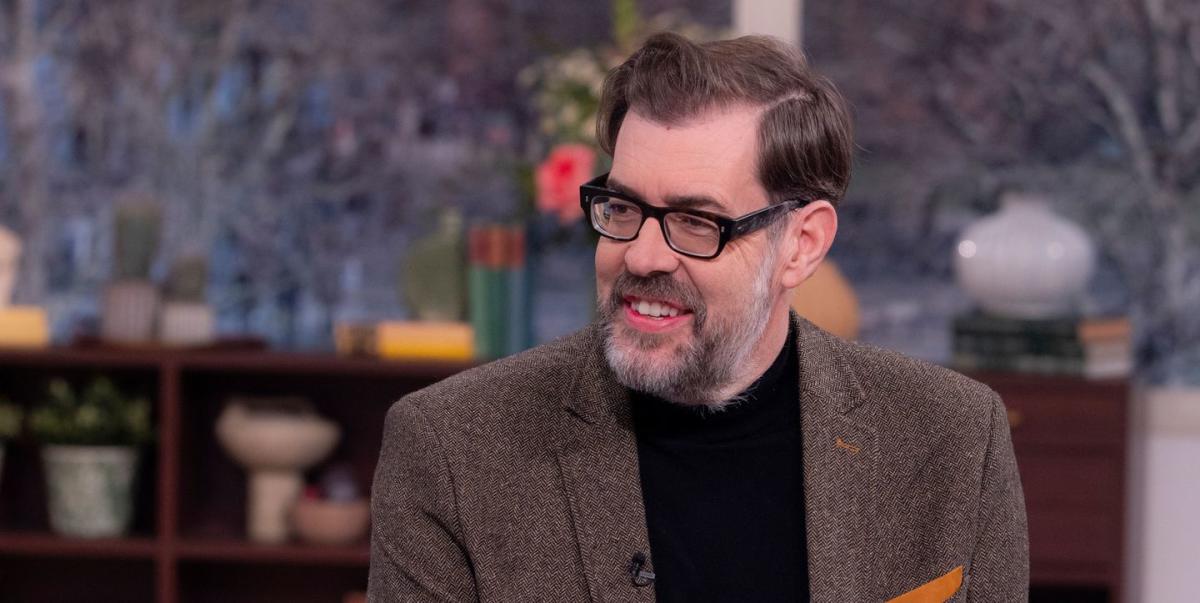Official warns: US protesters targeted by Iranian influence campaign


A group with previous ties to Hamas appears at the protests on campus
Most of the protesters distance themselves from Hamas. Reporter Will Carless explains that one group previously had ties to an organization that funded them.
WASHINGTON – Iranian government agents have sought to influence American protests against the war in Gaza, a senior U.S. intelligence official said Tuesday, one of the most dire warnings yet against foreign interference in the demonstrations that rocked the country this spring.
Director of National Intelligence Avril Haines said Iranian actors had “opportunistically” interfered in the protest movement through social media and other cyber activities, posing as activists online and promoting and even funding public demonstrations.
“I want to make clear that I know Americans who participate in protests are expressing their views on the conflict in Gaza in good faith,” Haines said in a statement. “But it is also important to warn against foreign actors seeking to exploit our debate for their own ends.”
The statement, part of an ongoing series of updates on foreign activity threatening election security, did not name any specific groups or protests that federal authorities believed were subject to Iranian pressure. But security and terrorism experts said the statement was consistent with Iran’s role in the overall international intelligence picture and with previous reports on groups involved in the protests.
As USA TODAY reported in May, at least one group that has been active in student protest camps, American Muslims for Palestine, is led by a man who previously worked with organizations that have been prosecuted and held liable for providing direct financial support to Hamas. American Muslims for Palestine said it has no ties to Hamas and denied any close ties to the former organizations.
Even a small presence of foreign actors at the university protests could lead to further divisions, experts say.
“Most foreign campaigns have had little impact in practice,” said Daniel Byman, a senior fellow at the Center for Strategic and International Studies, a nonpartisan policy research center.
“But even if the impact is small,” Byman wrote in an email, “it could deepen divisions in the United States at a time when public opinion in the United States is already highly polarized.”
Lorenzo Vidino, director of the extremism program at George Washington University, said most protesters have no foreign support whatsoever, but certain countries undoubtedly have an interest in them. Some, like Russia and China, are primarily interested in sowing discord within the U.S., while others are interested in both unrest in the U.S. and support for Palestinian causes.
“Iran falls into the latter category,” Vidino said, “and there is no denying that Tehran has long been a supporter of Hamas and that some of the organizations that have played a role in the protests on U.S. campuses have ties to Hamas.”
In a press conference later that day, White House Press Secretary Karine Jean-Pierre echoed Haines’ message, stressing the importance of Americans’ right to express their opinions while underscoring the U.S. government’s responsibility to warn the public about foreign influences.
“This is important to help Americans defend themselves against attempts by foreign powers to exploit or co-opt their legitimate protest activities,” Jean-Pierre said.
Public demonstrations both for and against the Gaza war quickly grew after October 7, 2023, when Hamas militants raided Israel, killing 1,200 people and taking more than 240 hostage. Israel invaded Gaza in response to the attacks, but public outcry grew along with the reported civilian death toll—though the data cannot be independently confirmed, reports now put the number at more than 30,000. Campus protests increased this spring as demonstrators called for a ceasefire and an end to support for Israel.
The director of national intelligence oversees the U.S. government’s 18 different intelligence agencies and advises the president and others on national security issues. The role grew out of the push to reform federal intelligence after the Sept. 11 terrorist attacks. Biden nominated Haines, the first woman to hold the position, in 2020 and she was confirmed in 2021.


